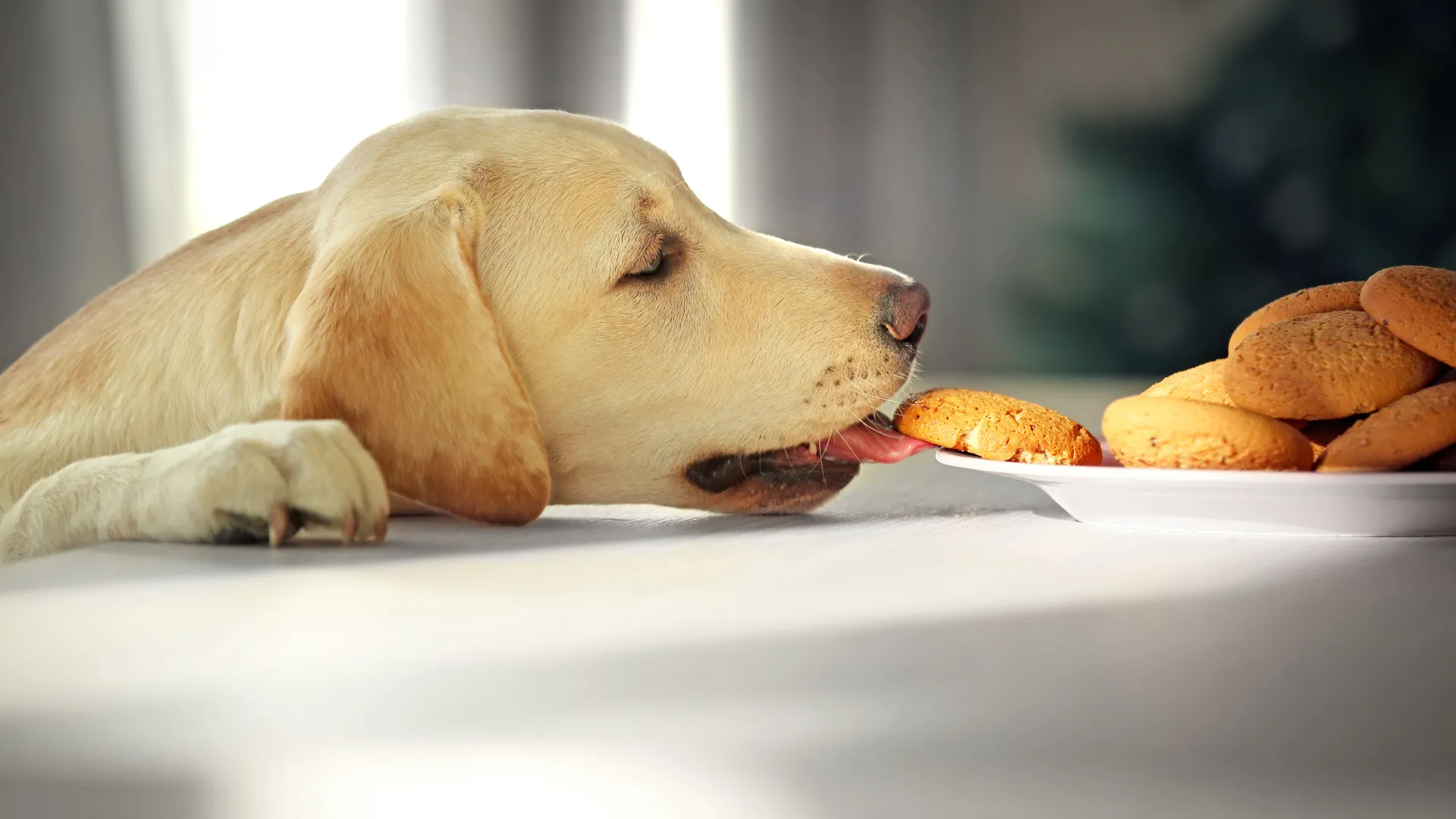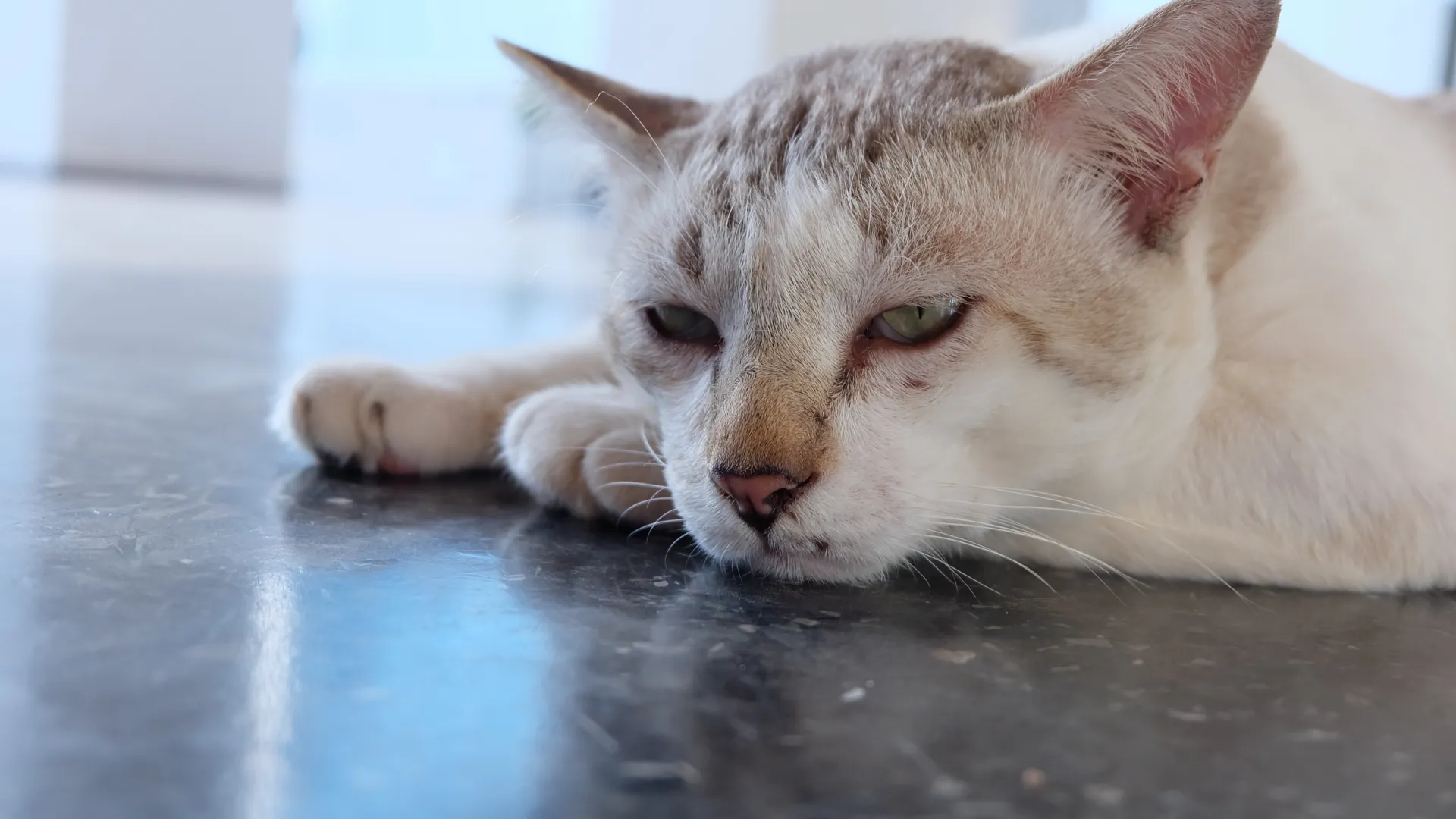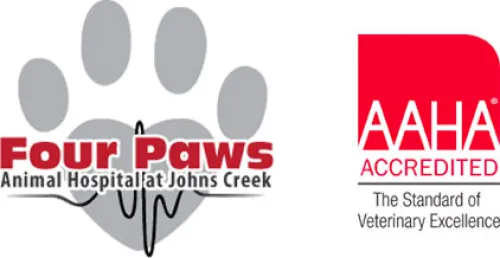
Foods to avoid
Foods to avoid for cats and dogs
Being knowledgeable about the most common toxins, including foods, that may harm your dog or cat can make the difference between life and death for your pet. The most important thing to remember is that if you believe your pet has ingested or come into contact with any poisonous substance, call your veterinarian immediately. When you call your veterinarian, be sure to have on hand information from containers or labels, or even a photograph of the suspected substance. The more information you can provide about the exposure - time elapsed, how much was ingested, size of pet, etc. - the better. This may help diagnose a poisoned pet faster and make it easier to treat and potentially save their lives.
Dogs
The most common foods to avoid for your dog include alcohol, avocado, cat food, chocolate, caffeine, cooked bones, garlic and onions, grapes or raisins, nuts, raw meats, salt, sugar, tobacco, xylitol, and yeast.
Other toxins to avoid for your dog include: Mouse and rat poisons, fertilizers, anti-depressant medications, acetaminophen (i.e. Tylenol), and silica packets.
Cats
The most common foods to avoid for your cat include: Alcohol, chocolate, dairy products, garlic and onions, grapes and raisins, caffeine, raw meat, raw eggs, bones, and dog food.
The most common toxins to avoid for your cat include:
Lilies, topical flea and tick medication for your dog, household cleaners, essential oils, anti-depressant medications, and mouse and rat poisons.

Signs that your pet has ingested a potentially harmful substance
Vomiting, diarrhea, excessive drooling, coughing up blood, pale gums, racing heart rate, weakness or lethargy, collapsing or fainting, excessive thirst, excessive urinating/ decreased urination, jaundice (yellow discoloration of eyes or skin), or black stool.

Treatment in case your pet has ingested a harmful substance
Depending on the toxin that has been ingested, your pet may need hospitalization to flush the kidneys and liver of the remaining toxins.
